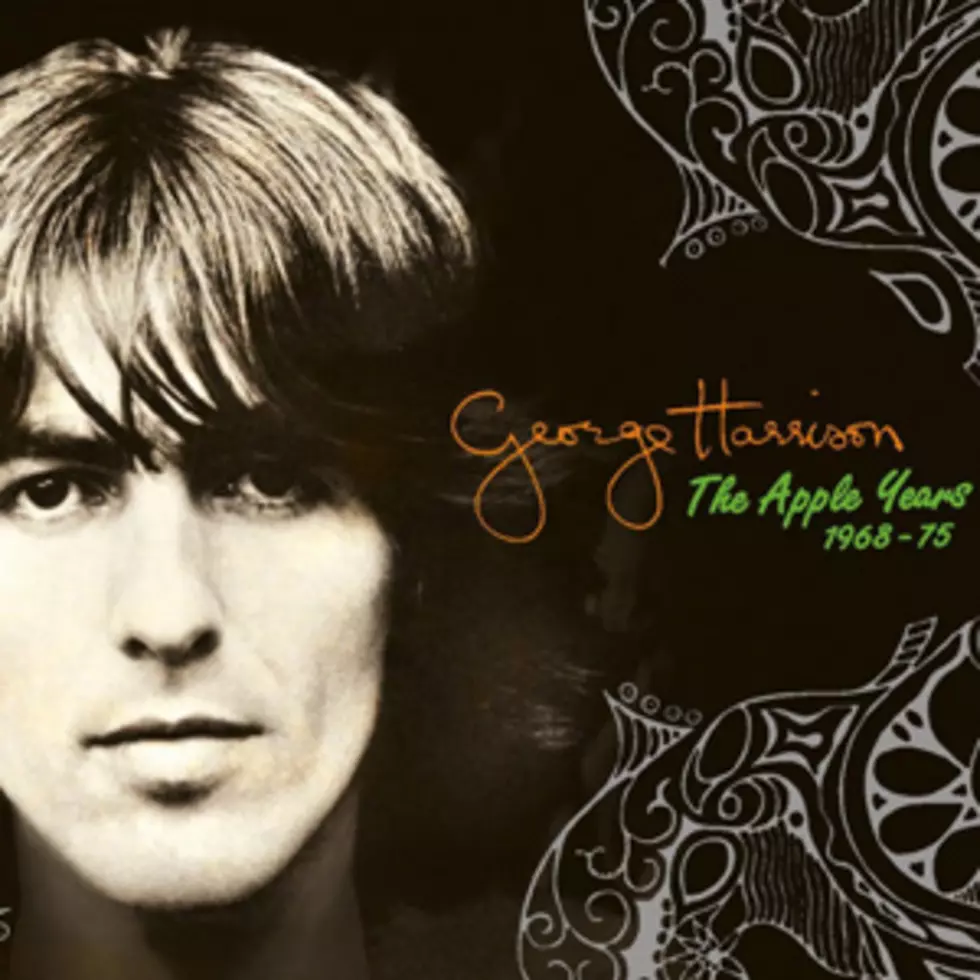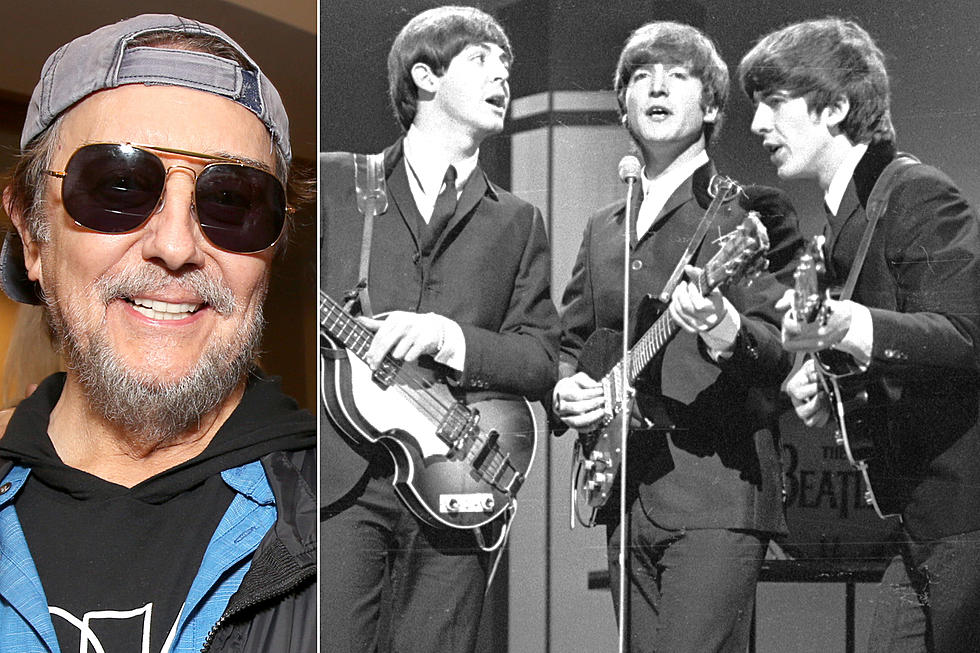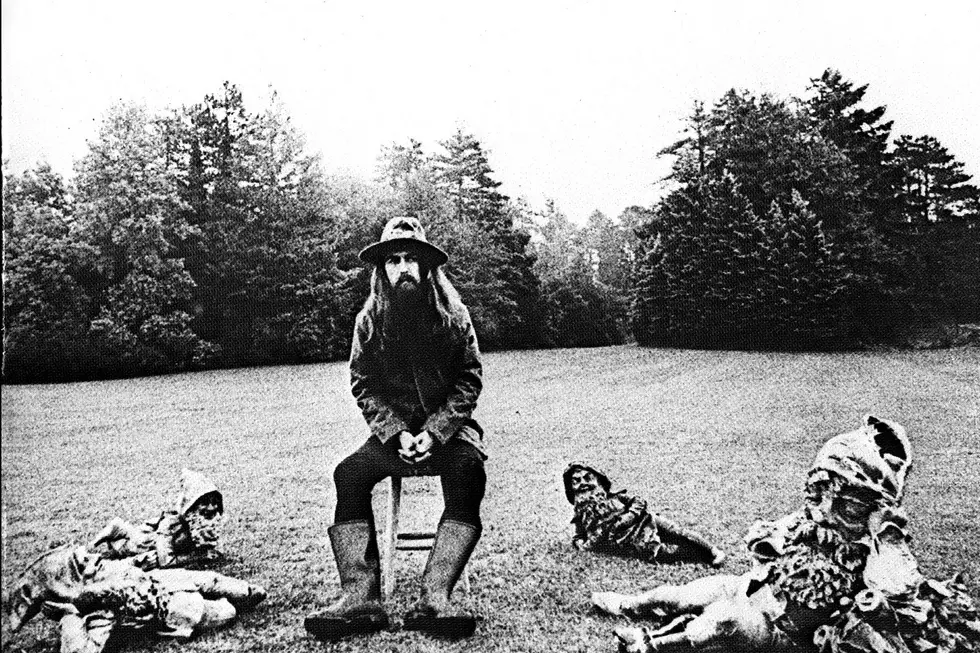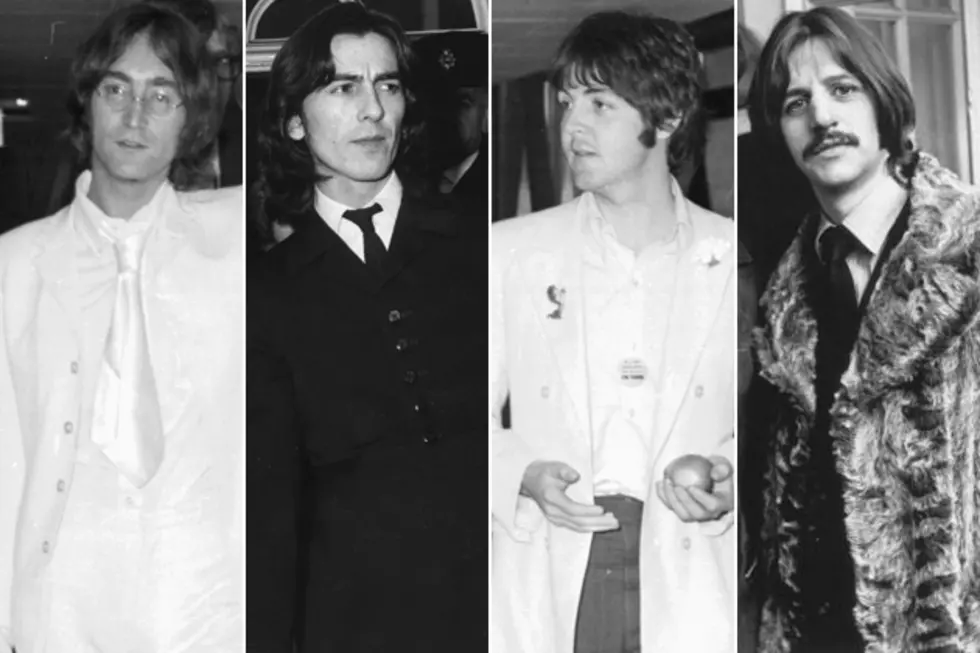
George Harrison, ‘The Apple Years 1968-75′ – Album Review
Like a couple of his Beatles bandmates, George Harrison didn't leap into his solo career banking on his instant legend. John Lennon had his 'Unfinished Music's and 'Wedding Album,' Paul McCartney had 'McCartney' and Harrison had 'Wonderwall Music' and 'Electronic Sound.'
And those two inauspicious albums kick off 'The Apple Years 1968-75' box set, which gathers Harrison's first six solo albums in a post-Fab career that had its share of ups and downs before Harrison passed away in 2001 at the age of 58.
The individual Beatles were wary of jumping into their solo careers with records that seemed too similar to their group efforts. McCartney recorded his self-titled solo debut all by himself, building on the frames of unfinished songs and sketchy production. Lennon got in bed with Yoko and made a series of experimental records that were barely listenable. Harrison slipped somewhere in between for his first two records.
The soundtrack to a movie few people have seen, 1968's instrumental 'Wonderwall Music' -- stuffed with the sort of world music Harrison was playing around with at the time -- is most notable for giving Oasis the title of their best song. The following year's 'Electronic Sound' is comprised of two lengthy instrumental pieces played on the Moog synthesizer (and pretty much sounds like Harrison figuring out what all the different buttons do as the tape rolled). The first album tags on a few bonus cuts -- 'The Apple Years 1968-75' includes 14 extra tracks, all but five of them unreleased on previous reissues -- including an alternate take of the Beatles B-side 'The Inner Light.'
With 1970's 'All Things Must Pass,' Harrison finally made the solo album fans wanted him to make. Originally released as a triple-record set, but collected as a two-disc set here (and taken from the album's 2001 remaster, as are the five bonus tracks), it's Harrison's best solo work and one of the best albums by any of the Beatles on their own. 'My Sweet Lord,' 'Isn't It a Pity' and 'What Is Life' also rank among the finest of the Beatles' solo outings, even if the album's last third is made up of tiring jams among Harrison and friends, including Eric Clapton and Ginger Baker.
The LP reached No. 1, as did its follow-up, 1973's 'Living in the Material World,' which includes the hit 'Give Me Love (Give Me Peace on Earth).' The 'Bangla Desh' / 'Deep Blue' single that Harrison released in 1971 is also included, and they make up the three most interesting tracks on this disc. 'Dark Horse' (from 1974) and 'Extra Texture (Read All About It)' (from 1975) round out 'The Apple Years' with some good songs -- 'Dark Horse,' 'Ding Dong, Ding Dong,' 'You' -- scattered among many forgettable cuts.
And that may be the biggest roadblock to this box: 'All Things Must Pass' is the only essential record here, and that album -- including all of its bonus tracks -- is exactly the same as the acclaimed 2001 remaster. Which leaves a handful of extra cuts, five albums of varying quality and a DVD with some music videos and short documentaries. It presents a relatively complete portrait of the first part of Harrison's post-Beatles years, which sure beats the second and third parts.
But like all of his former bandmates' solo careers, Harrison's was spotty. The Apple years were more consistent than the Dark Horse years, which also included six albums. Still, the seven years were marked by creative indulgences that didn't always pay off (even 'All Things Must Pass' has those 'Apple Jam' cuts). When they did, the results were right up there with the best of the Beatles' solo material. But as 'The Apple Years 1968-75' proves, it wasn't always easy living up to that legend.
More From Ultimate Classic Rock









